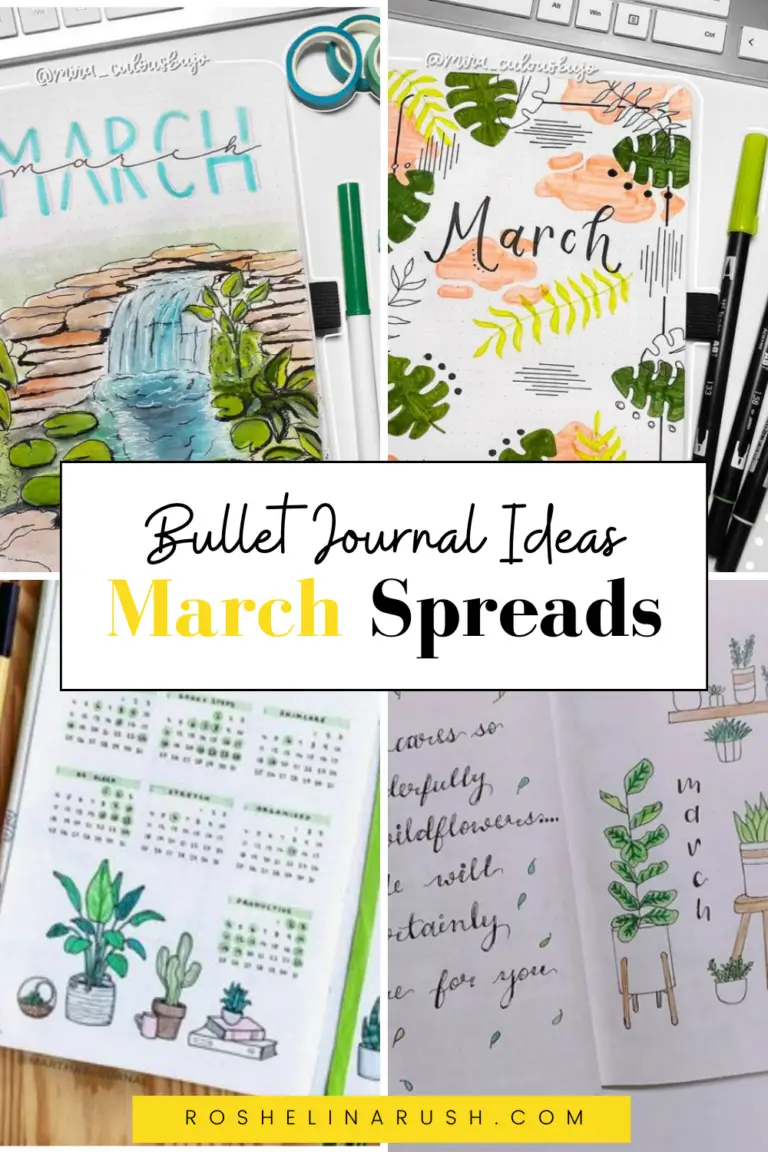Are you getting drained slogging through your academic studies, or are you simply not seeing the results you are looking for?
It could be that you are studying in the wrong way. You could be a VARK read/write learner.
A good student knows that testing out different learning styles to find what works best for them is an important component of learning and can be a game-changer! Finding your particular learning style can make all the difference when it comes to leveling up and smashing your study goals!
As an ex-student myself, I've spent over 10 years experimenting with the most common learning styles. I've taken the VARK questionnaire, and my results indicate that I have a visual learning style.
This meant implementing visual study strategies would be the best option for me, and it worked. I was able to graduate from higher education with good grades. Catering to my style of learning was a very effective way for me to absorb and use visual materials to learn better. Especially when studying for long periods.
I enjoyed the process of learning a lot more, and you will too when catering to your individual learning preferences and your own learning styles.
Finding out which VARK learning styles best suits your specific learning style can be a super simple but effective, fool-proof study method that could help revolutionize your study habits so that you can make achieving those goals easier than ever before.
In my helpful blog post, read on to discover more about how to embrace the read/write learning style so you can get back in control and start seeing the success you deserve.
This post is all about a VARK read/write learner.
VARK READ/WRITE Learner
So let’s get the takeaway first before we hit the details.
Ways to practice Read/Write learning and improve your study habits, include taking detailed notes, summarizing, participating in discussions, and creating study guides. A Read/Write learner can improve their comprehension, retain information, and develop stronger writing skills.
So with the mini answer covered, so you can understand a little more about a Read/Write learning style, let’s find out what it means to be a VARK read/write learner.
What is the Read/Write learning style?
The acronym VARK stands for Visual, Aural, Read/write, and Kinesthetic learners. It is Neil Fleming's VARK model. According to the VARK, the read/write learning style is a way of processing and learning important information through the written word, so it's best for writing learners.
Anyone with this type of learning style generally prefers to use the medium of written format (words) such as text, textbooks, and writing study notes.
Related Article: WHAT IS VARK AND HOW CAN IT LEVEL UP YOUR LEARNING STYLE?
Where did this type of study originate?
It has to be said that this is probably one of the most tried and tested forms of study, on which much of our education system is based.
So it’s no surprise to discover that the humble beginnings of the read/write learning style can be traced way back to the advent of the printing press in the 15th century.
Before the printing press, information was passed down orally. This meant that students had to rely purely on their memory to learn.
Over the years and with the emergence of printed materials, students could now access a wealth of information they had never had access to before.
As a result, reading and writing became essential parts of the learning process.
The read/write learning style has also become even more prominent with the rise of the internet during the past few decades, where huge amounts of information are available through text-based input and formats.
Modern Read/Write

The origin of the more contemporary Read/Write learning style that we use today can be traced back to the 1970s.
In his influential 1979 book, “Learning Style Inventory”, David Kolb introduced the idea of four primary learning styles.
The author's learning style was based on how students prefer to learn when faced with new information or material and is:
So although these theories may leave you a little boggle -eyed, there are different ways you can put the Read-Write study method in a simpler way to level up your study game!
Read on to discover 10 bullet points about my favorite ways to harness the power of this learning style to get results.
10 ways to practice Read/Write to smash your study goals

● 1. Take detailed notes: As a read/write learner, you likely enjoy taking notes. However, it’s crucial that you take detailed notes that you can easily use for reference later. You could also try colour-coding and formatting your notes to make them easier to study. To find out more, head over to my other helpful article 2 Secret Note-Taking Techniques For Students - Apply These Now!
● 2. Get involved in discussions: Make sure you engage as much as possible in debates and other types of class discussions. Encourage yourself to participate as much as possible. This will help you more easily solidify your understanding of the material and give you a chance to practice your note-taking and writing skills.
● 3. Practice summarising: summarising will not only help you retain information, but it will also show you where you might have gaps in your understanding. To improve your overall comprehension, condense the material you’re reading or studying in your own words to help you solidify your knowledge of the material.
● 4. Write reflections: Reflecting back will help you process information and also help you more easily identify key takeaways. After a lecture or maybe after re-reading some course material, take some time to write reflections about what you’ve learned.
● 5. Join a study group: Try joining a study group in your classes or starting your own. Working with others and having group discussions can help you learn from different people's perspectives and improve your comprehension of topics you are currently studying.
● 6. Take practice exams: This is especially useful for read/write learners who retain information best through writing. Writing detailed answers to practice exam questions can more easily help you retain information and get you ready to ace your real exams!
● 7. Create study guides: Creating your own study guides can be a helpful tool for retaining information. It really comes into its own when preparing for tests and exams. It's another perfect opportunity to get organised and create your own key information for easier reference.
● 8. Read ahead: Where you can, try to get a head start on the class readings so you have a much deeper understanding of the material when it’s covered in your lectures. This will also help you to retain the information better when beefing up for tests and for exams.
● 9. Write essays: Writing essays in your own words can be a goal-busting way for read/write learners to show understanding of any topic. Make sure to structure the essay so it’s easily readable. Add subheadings so you can split the text into manageable chunks for easy reference.
● 10. Use flashcards: Even though flashcards may be used as a tool typically for visual learners, they can also be helpful visual aids for those of you who roll with read/write studying! Creating your own flashcards can help make information easier to retrieve during tests and even your finals!
Final thoughts on a VARK Read/Write Learner

As a read/write learner, there is a wealth of different strategies you can use to smash your study goals.
From detailed note-taking to writing essays and joining study groups, you can use Read/write learning strategies to help you improve comprehension, retain information, and crucially develop stronger writing skills.
Learn to love and embrace your read/write learning style preference, so you can smash your study goals and hone your study skills to work for you!
For more ways to study like a pro and lots of other useful Uni life hacks and tips check back regularly to my weekly blog.
This post was all about a VARK read/write learner.
Other posts you may like:
If you found VARK Read/Write Learning Style helpful
✅ Active Recall vs Blurting: Best Study Method for Revision
✅ Active Recall vs Flashcards: How to Study Better for Eams?!
✅ Active Recall vs Note Taking: Which is Best for Studying?!
✅ Active Recall vs Rereading: Which Study Technique is Better?










